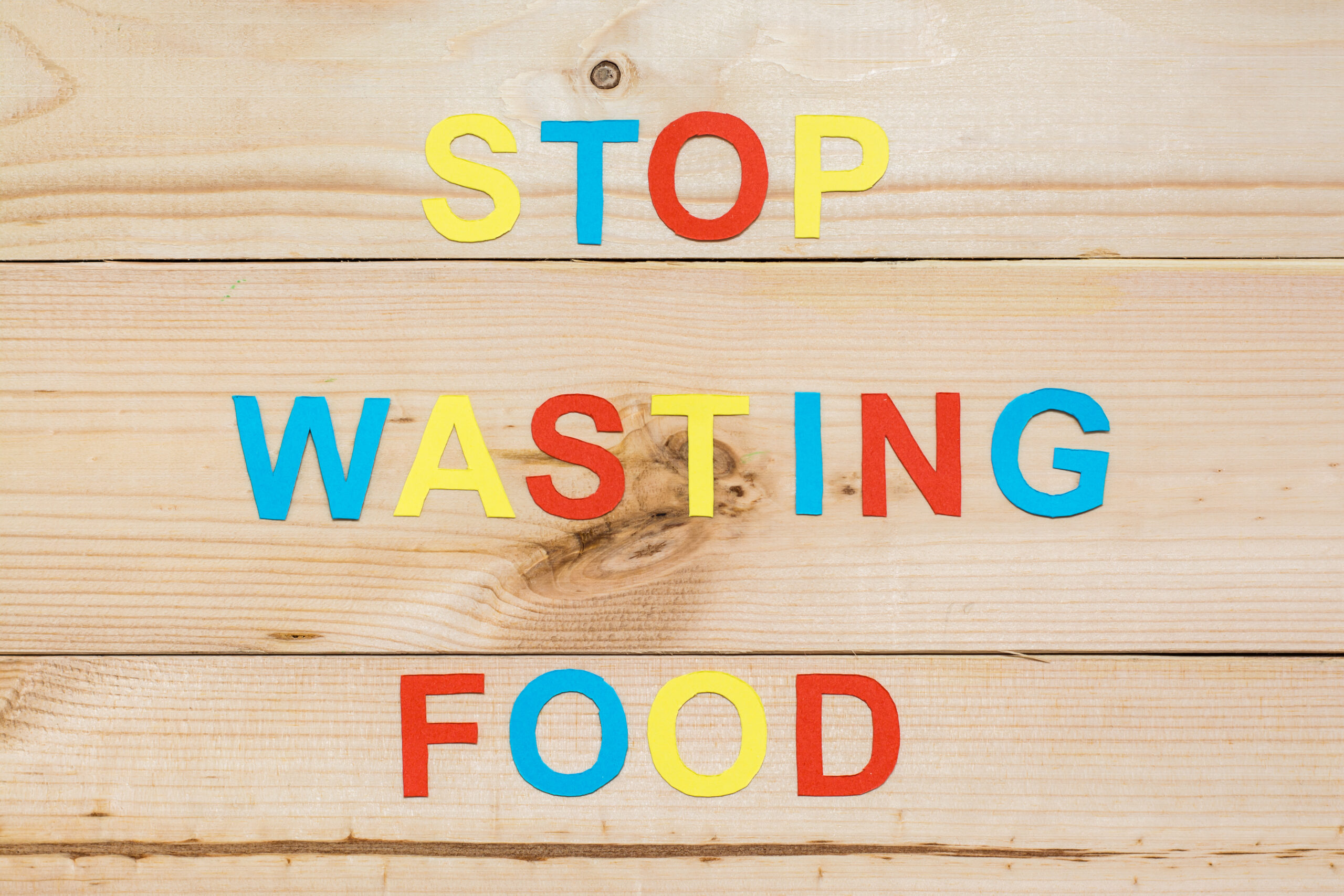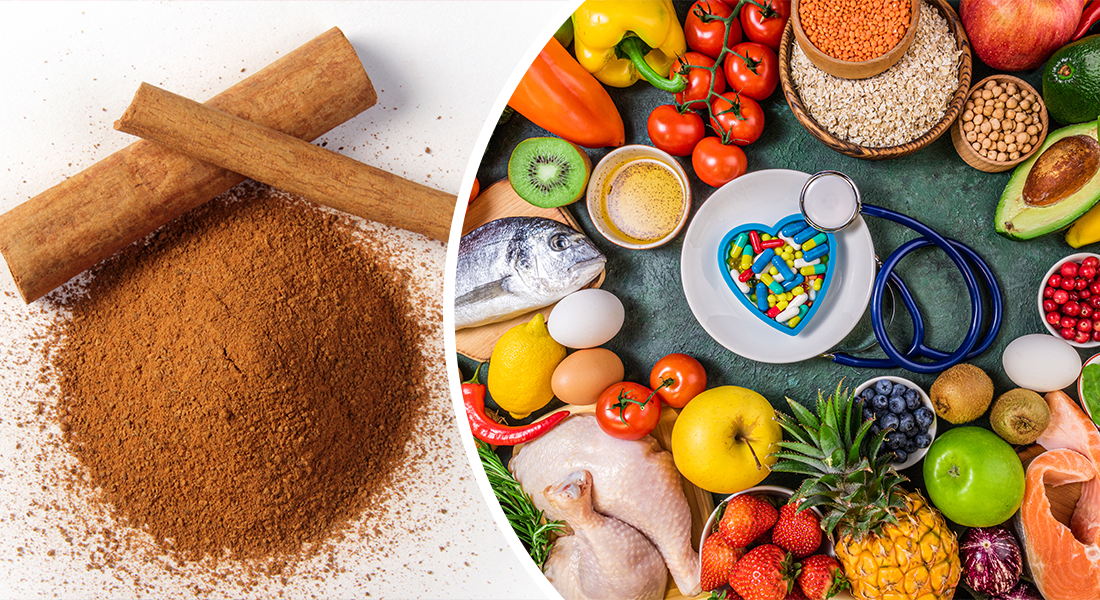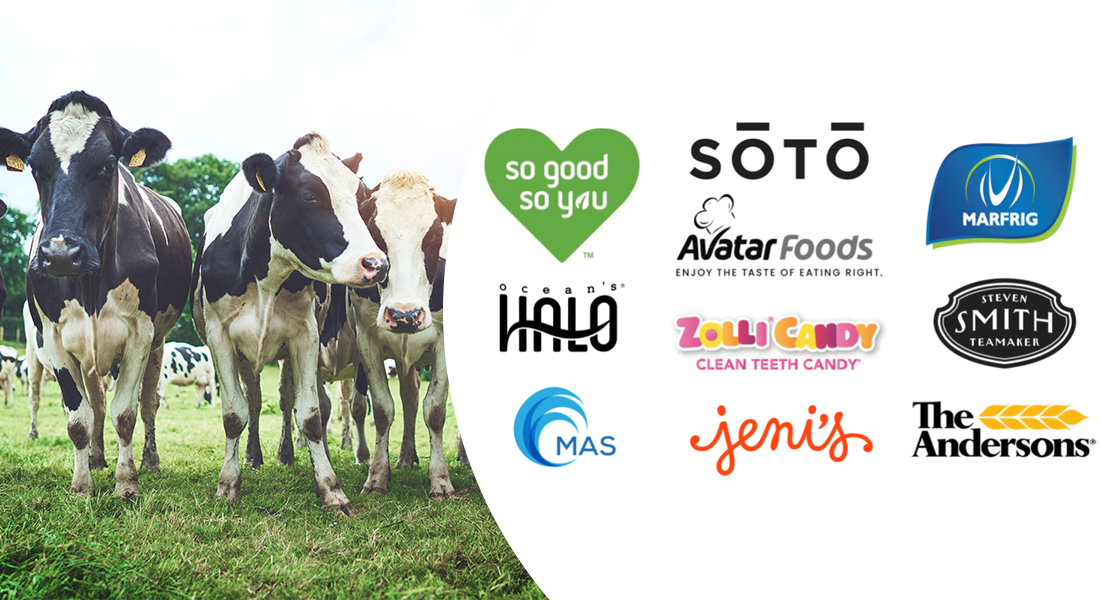In the US, the regulation of food products, including the ban on certain items, falls primarily under the jurisdiction of two key agencies: the US Food and Drug Administration (FDA) and the US Department of Agriculture (USDA). These agencies play a critical role in ensuring the safety and quality of the food supply.
The FDA, established in 1906, is responsible for the regulation and supervision of food safety, tobacco products, dietary supplements, prescription and over-the-counter pharmaceutical drugs, vaccines, biopharmaceuticals, medical devices and veterinary products. The USDA, on the other hand, oversees the safety of meat, poultry and egg products, among other responsibilities. Their combined efforts are crucial in determining which foods are banned in the US for safety and health reasons.
While we’ve previously explored the top 5 foods banned in Europe, let’s uncover the top 10 foods banned in the US and why.
Related: Top 8 American Foods Banned in Other Countries
1. Unpasteurized Milk
Unpasteurized milk, also known as raw milk, is a significant health risk due to its potential to harbor dangerous bacteria. The Centers for Disease Control and Prevention (CDC) stated that raw dairy products are 840 times more likely to cause foodborne illnesses compared to pasteurized dairy products. Consequently, its sale is banned in 21 states, with strict limitations in others.
2. Shark Fins
In the US, the consumption of shark fins, primarily used in soups and considered a delicacy in China, is surrounded by controversy. The main concern is the practice of finning — a process where fins are removed from sharks, which are then returned to the ocean, often still alive but unable to survive. This inhumane practice has led to shark fins becoming one of several foods banned in the US since the Senate passed the James M. Inhofe National Defense Authorization Act in December 2022.
3. Kinder Surprise Chocolate Eggs
Although Kinder chocolate is popular in Europe, the Kinder Surprise eggs have faced legal hurdles in the US. They are banned because they contain non-edible items, posing a risk, particularly to children. Under the provisions of the 1938 Food, Drug, and Cosmetic Act, Kinder Surprise eggs are classified as “adulterated food,” rendering their importation and sale illegal. In response, a modified version called Kinder Joy has been introduced, adhering to FDA regulations.
4. Sea Turtles
Sea turtles, being on the endangered species list, are still legally hunted in 42 countries and territories around the world, but the US is not among these. Historically used in dishes like turtle soup, the endangered status of sea turtles has contributed to a decline in the popularity of such culinary practices. Under the Endangered Species Act (ESA), it’s illegal to import them into the US, whether as food or for any other purpose.
5. Sassafras Oil
Formerly used in root beer, sassafras oil was banned by the FDA in 1960 due to its main constituent, safrole, being a potential carcinogen. Safrole is also a precursor in the synthesis of some psychoactive drugs. It’s important to note that this ban does not extend to substances where sassafras oil naturally occurs, such as cinnamon and basil.
6. Japanese Puffer Fish
Puffer fish, a delicacy in Japan’s fine dining scene, can be lethal if improperly prepared. Since 1980, puffer fish has been on the FDA’s Automatic Detention List. The agency noted that it contains tetrodotoxin and saxitoxin, toxins affecting the central nervous system and known to be “more deadly than cyanide.” Consequently, this dish is seldom served in the US.
7. Four Loko
Four Loko, debuting in 2005, quickly became notorious for its combination of alcohol and caffeine, earning the nickname “blackout in a can” on college campuses. Linked to hospitalizations of young people, it faced state-level bans, starting with Massachusetts in 2010. The FDA also challenged the sale of caffeinated alcoholic beverages. In 2014, Four Loko voluntarily removed caffeine from its formula, and the modified, non-caffeinated version remains available nationwide.
8. Beluga Caviar
Beluga caviar, known for its luxury, was banned in the US in 2005 due to its popularity leading to the overfishing of beluga sturgeon. This excessive demand for the delicacy pushed the species into a protected status, making the sale of their caviar illegal. Sturgeon AquaFarms, a major caviar producer and the sole legal breeder of beluga sturgeon in America, works under a unique agreement with the government. It donates fertilized beluga eggs to aid in replenishing the species in the wild.
9. Ackee
Native to South Africa and popular in numerous Caribbean nations, ackee fruit contains hypoglycin A, a toxin deemed dangerous by the FDA when consumed in large amounts. Consequently, this fruit isn’t available fresh in supermarkets, but it can be purchased either canned or processed from manufacturers that are included on the FDA’s “green list” of approved growers.
10. Haggis
Since 1971, haggis, Scotland’s national dish, has been on the list of foods banned in the US. Made from sheep’s heart, liver and lungs, combined with spices and oatmeal and traditionally encased in a sheep’s stomach (or an artificial substitute), haggis was prohibited following a USDA ruling that livestock lungs should not be saved for use as human food. Despite this, the Scottish government remains optimistic that the ban might eventually be lifted, allowing Americans to legally enjoy this Scottish delicacy.
If you want your company to be featured on Xtalks.com, please email [email protected].












Join or login to leave a comment
JOIN LOGIN